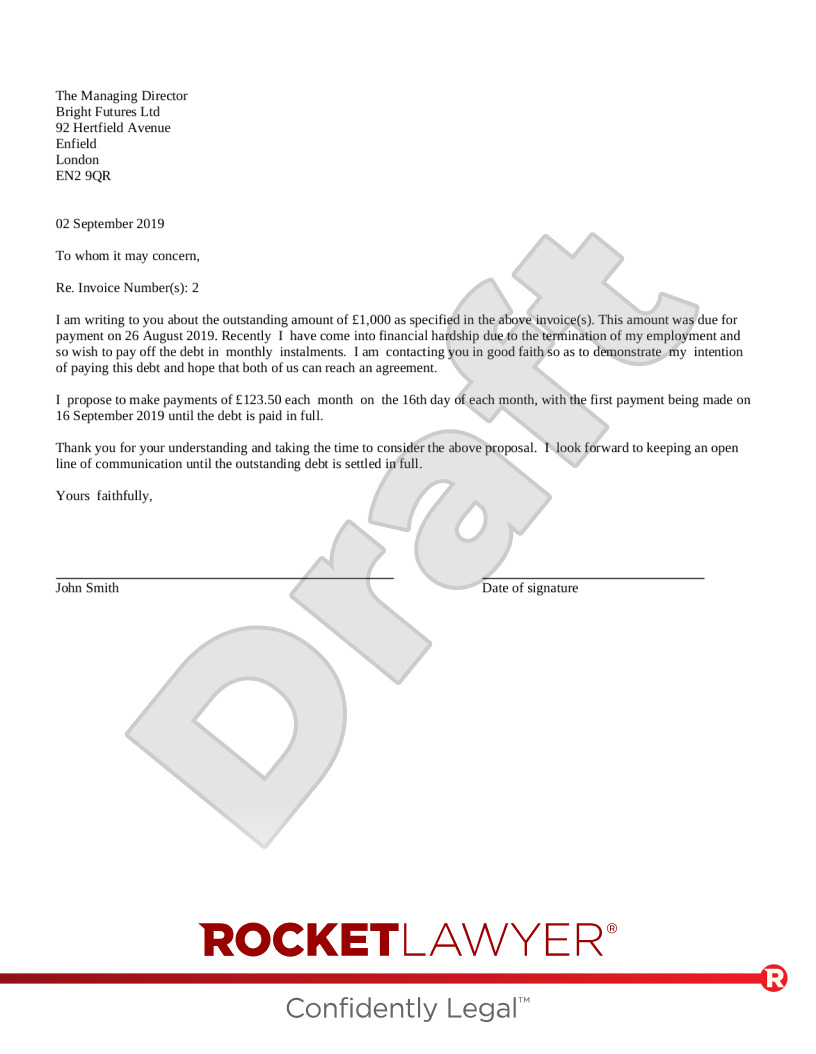If an employee has been overpaid, can the employer reclaim the overpayment?
If the employer has overpaid an employee by mistake then the employer has the right to reclaim that money back.
However, employees and workers are protected, under section 13 of the Employment Rights Act 1996, from any unlawful deductions from their wages. The exception to this is section 14 of the Act which provides for the case of an overpayment, allowing employers to make a deduction and correct the error. Furthermore, an express provision in many employment contracts allows corrections to be made in case of payroll errors.
How can an overpayment be recovered?
Deductions from wages to correct an overpayment can be made in one lump sum or in a series of instalments. However, employers should provide notice to the employees and seek agreement in advance of any deductions. Where the overpayment is significant, spreading the recovery over a period of time will help to avoid disputes. A recovery agreement should ideally be made in writing and signed by both parties. Agreed adjustments can then be made in payroll.
What should be taken into account when recovering an overpayment?
-
Check whether there is a clause in the Employment contract allowing deductions from wages in case of an overpayment - this makes the process more straightforward.
-
If there have been multiple mistakes over a period of months or years, the overpayment may have been substantial. In this case, a lump sum payment may not be suitable - agree on a schedule of deductions with the employee which ensures that there is minimal disruption to their financial affairs.
-
Relying on section 14 without providing notice to the employee and seeking agreement can potentially lead to a breach of the implied term of trust and confidence and a potential constructive dismissal claim. For further information, read Constructive dismissal.
-
Section 14 only applies to genuine overpayments of wages - it cannot be relied upon for other types of repayments (eg training costs).
What if the employee has left the company?
The employer has the right to reclaim overpaid wages even if the employee has left the company. However, if the employee has already left, it can be more difficult for employers to recover any overpayments. Action should be taken quickly in case the final salary payment has not yet been made. If the final payment has been made, an informal request seeking repayment can be made to the former employee. If they refuse, court action can be considered - but success will depend on the financial circumstances of the former employee, and legal fees may cost more than the sum in question.
Where an overpayment is only discovered after an employee has left, and they refuse to make voluntary repayment, the employer should consider the legal options. These may include:
-
gathering together at an early stage all available information about the former employee’s current means and employment status, to determine whether repayment is likely to be possible (ie can the former employee actually repay any of the overpaid wages)
-
making proposals for repayment over a period of time with mutual agreement from the former employee
-
where appropriate, making a court claim against the former employee as a civil debt, to recover the overpaid money
Can an employee defend a claim for overpayment of wages?
The employee may have a defence to a claim for repayment on the basis that they were led to believe that they were entitled to the money and that, in good faith (ie honestly), they relied on the money. This usually means that the employee has spent it or used it to repay any outstanding debts. Provided it wasn't the fault of the employee that they were overpaid, they have a chance of defending any claim.
In practical terms, where an overpayment is discovered after some time, it may be advisable for the employer to discuss this with the former employee first and try to agree on a programme of repayment over a period of time. In some cases, it might be practical for the employer to consider writing off part of, or all of, the overpayment rather than become involved in legal proceedings to recover the full amount. However, each case should be considered on its individual facts.




